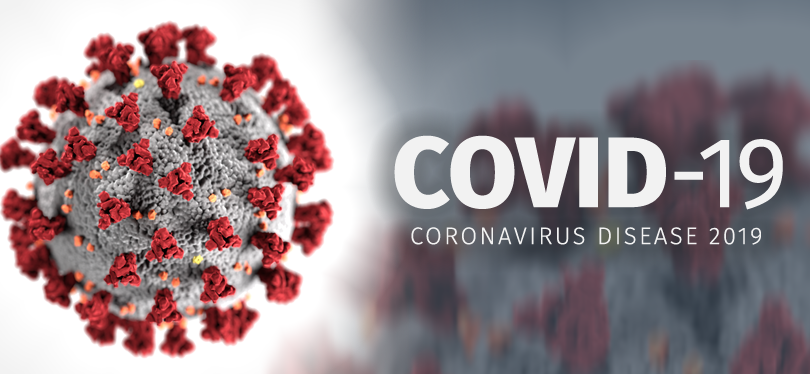As COVID-19 spreads, fears rise in South Asia: AI

By A Staff Reporter
Kathmandu Mar. 27: As cases of COVID-19 escalate in South Asia, Amnesty International calls on the authorities in the region to put human rights at the heart of their responses and intensify efforts to protect marginalised and vulnerable groups at higher risk, including daily wage earners, people displaced by conflict, health workers and prisoners.
The COVID-19 pandemic is poised to break into thousands of cases in South Asia as more governments across the region this week imposed strict lockdowns and curfews amid fears the virus will strike densely populated areas, overwhelming healthcare facilities and devastating livelihoods across a region where more than 600 million people already live in poverty.
Pakistan reported 1,026 cases on 25 March, with seven deaths so far, while India recorded the second highest with 606 cases and 10 deaths.
The numbers are rising sharply on a daily basis and are estimated to be significantly higher than reported given the inadequacy of testing.
“As the number of COVID-19 cases in South Asia soars, the region’s leaders must pay special attention to the most vulnerable and marginalized in this crisis,” said Biraj Patnaik, South Asia Director at Amnesty International.
The COVID-19 crisis in South Asia has been worsened by a failure of the authorities in South Asia to provide accessible, accurate and evidence-based information about the virus, how people can protect themselves, and what the government is doing to help them, the AI said.
People living in rural areas, where literacy rates are low and access to health care severely limited, are particularly affected by a lack of reliable information about COVID-19, it said.
In Afghanistan, information has been slow to reach areas that are remote or affected by the ongoing conflict. In Bangladesh’s Cox’s Bazaar District, where the first case of COVID-19 was reported this week, the failure to provide Rohingya refugees with accurate information about the virus has stirred alarming rumours in the camps that anyone who contracts it will be put to death by the authorities. The camps have been subject to an ongoing telecommunications blackout.
“States have a responsibility to provide information about COVID-19 that is accurate and evidence-based, that reaches people in languages they understand through mediums they can easily access. At the same time, there must be a concerted effort to counter misinformation about the virus that could harm people and to protect marginalized communities from stigmatization,” said Biraj Patnaik.
South Asia has one of the highest populations of refugees in the world, including three million registered and unregistered Afghan refugees in Pakistan and more than a million Rohingya refugees in Bangladesh.
Social distancing is not possible in the Rohingya camps in Bangladesh, where tents are tightly squeezed together across the Kutupalong settlement.
In Afghanistan, internally displaced people (IDPs) have extremely limited access to health care facilities.
Health workers in Afghanistan, Bangladesh, India, Nepal and Pakistan are already raising concerns about the lack of personal protective equipment available to them as they treat patients infected with COVID-19.
South Asia’s prisons are notoriously overcrowded, AI said.
“In Bangladesh, there are more than twice as many prisoners as there is capacity. In Nepal, the occupancy rate is more than 150 per cent, with more than three times as many prisoners as there is capacity in some prisons.”
Recent News

Do not make expressions casting dout on election: EC
14 Apr, 2022
CM Bhatta says may New Year 2079 BS inspire positive thinking
14 Apr, 2022
Three new cases, 44 recoveries in 24 hours
14 Apr, 2022
689 climbers of 84 teams so far acquire permits for climbing various peaks this spring season
14 Apr, 2022
How the rising cost of living crisis is impacting Nepal
14 Apr, 2022
US military confirms an interstellar meteor collided with Earth
14 Apr, 2022
Valneva Covid vaccine approved for use in UK
14 Apr, 2022
Chair Prachanda highlights need of unity among Maoist, Communist forces
14 Apr, 2022
Ranbir Kapoor and Alia Bhatt: Bollywood toasts star couple on wedding
14 Apr, 2022
President Bhandari confers decorations (Photo Feature)
14 Apr, 2022











